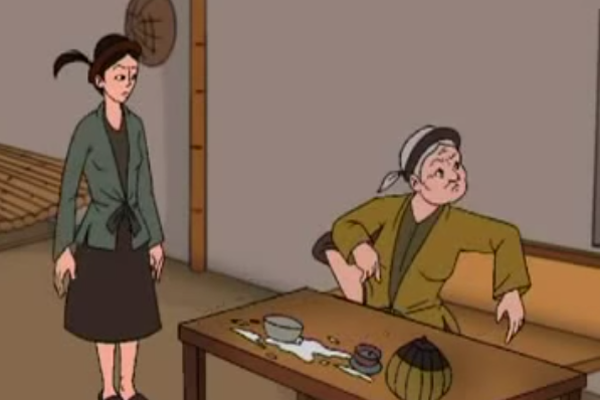Last week a tragicomedy broke the monotony of our humdrum domestic life. Our daughter-in-law, an eye doctor, brought back from France, where she had undergone some refresher training at a Bordeaux hospital, an electric blanket for my wife. It was the product of a well-known firm and was made of non-inflammable modacrylic wool, with a 140-watt heating element.
When bed-time came our daughter, following instructions in the owner’s manual, made meticulous preparations, determined that her mother-in-law should spend an ultra-comfortable night. On my wife's bed, she spread the blanket and switched the electricity on. After an hour, it was switched off and she bade good night to her mother- in-aw. Before leaving the room she told my wife that it would be superfluous to put her thick cotton-padded quilt on top. Her mother did as she was told, confidence that the sophisticated blanket would keep her warm and comfortable all through the night. Alas, it was a rather cold night and as she was reluctant to get up and fetch her quilt, my wife spent a far from the comfy night. Our daughter-in-law had forgotten a key detail: in our "tropical" country, winters, though by no means uniformly mild, are quite short (they are even absent in the south), and rooms are not heated. Fashionable gadgets — heating pads and the like — may serve to condition the bed but could not replace a thick cotton-padded blanket on an unusually cold night!
When morning came, however, my wife, after relating the incident, gave her daughter a pleasant smile and a few kind words. "Don't trouble your head about that, dear, "she said softly, "Your thoughtfulness kept my heart warm".

In the old Vietnam, the relation between mother and daughter-in-law were often strained. Witness these folk sayings:
"Honest cattle-dealers are about as common as loving mothers-in-law"... "In the 9th moon, a daughter-in-law at dinner will reserve all the convolvulus for her mother-in-law", that vegetable being rather fibrous and coarse in that period of the year, etc. Whence that situation? Under the feudal regime, life in the extended family was steeped in stem Confucian ethics and rigid rules of conduct. The bride was given away by her parents against lavish wedding gifts in cash and kind from the groom’s family. A married woman would consequently have to work hard to serve her mothers-in-law and pay off the debts they incurred for the couple's marriage. Such a fate would induce her to get her revenge on her own daughter-in-law, and that went on down successive generations. The daughter-in-law would swallow her tears in silence and her husband would refrain from showing any sympathy for her for fear of making matters worse. In extreme cases, the young woman could become a nun in a pagoda, or take her own life.
During the war year’s relations between mother and daughter-in-law took a turn for the better because of the prevalence of revolutionary ethics and the active role of women in combat and the running of the economy, both on the family and the national level.
After the war, the adoption of the market economy and the attendant social and economic disturbances of the quest for profit and personal enjoyment, have struck a serious blow to the traditional way of life in -the extended family. One often sees "Westernized daughters-in-law" (dau Tay) make light of and behave badly toward their mothers-in-law. Cases found shocking by the public are sometimes discussed in the press.



